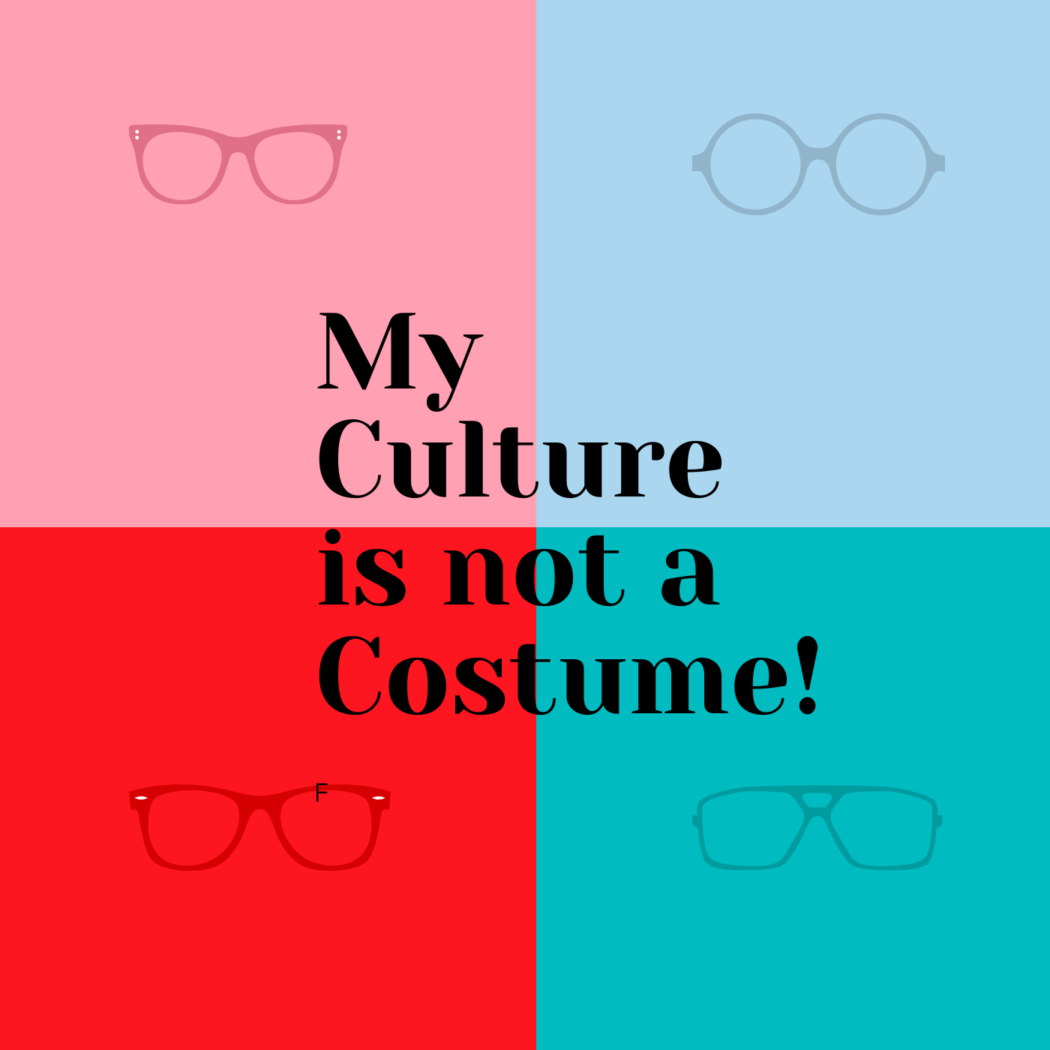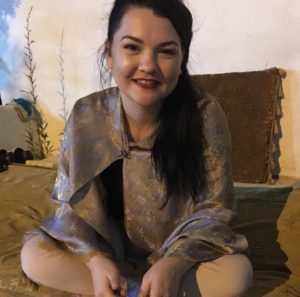 In 2016, my friends and I decided to go to a “paint party” in a Raleigh club. I was excited about the event, because I had participated in events like this in the past, and had a great time. As the event began, something caught my eye, and immediately destroyed my mood. I watched from the back as a man helped a half naked woman onto his shoulders. I only mention that she was partially clothed because she was also wearing a brown headdress. This wasn’t the first time I saw a partially clothed woman wearing something from my culture.
In 2016, my friends and I decided to go to a “paint party” in a Raleigh club. I was excited about the event, because I had participated in events like this in the past, and had a great time. As the event began, something caught my eye, and immediately destroyed my mood. I watched from the back as a man helped a half naked woman onto his shoulders. I only mention that she was partially clothed because she was also wearing a brown headdress. This wasn’t the first time I saw a partially clothed woman wearing something from my culture.
A headdress is a piece of regalia worn during indigenous ceremonies in many parts of the Americas. In the US, it’s mostly men that wear them, but in some parts of Latin America and the Caribbean, it’s customary in some indigenous cultures for women to wear them as well. Historically, they were worn by men when they were going into battle in the plains part of the US, but today, they are used mostly during cultural ceremonies in many parts of the US.
Many headdresses are made of eagle feathers. In indigenous cultures, one is typically gifted an eagle feather from an elder, or a person in your community that is rewarding you for something you have done (like graduating from school/college, or taking on a huge feat). You must earn each feather which is what makes the headdress so special. The person wearing it has earned each of those feathers. Wearing a headdress signifies one’s strength and bravery.
I wasn’t just irritated because a person was wearing a headdress at a club. Even if the person was a native identifying person, they would still be lectured by their people because they would be disrespecting their own culture. I was more bothered that she was partially dressed and sexualizing something not meant to be sexualized. Just like many native identifying women, I have experienced countless inappropriate comments or behaviors by men because they thought I looked “interesting” or “different” in particular around the ages of eleven or twelve. It’s common knowledge in Native American communities that many of our children, adult women AND men have been victims of sexual violence. Sexualizing something from our culture is really just disrespectful since our people are so prone to sexual violence.
Recently the memory of the woman in the headdress, reminded me of Halloween many years ago. I was invited by my new friend from work to a party. She couldn’t wait to show me her costume because she made most of it by hand. She explained she was a doll, but with sugar skull makeup. If you’re not sure what a sugar skull is, it’s a component used in the celebration of Día de Muertos (Day of the Dead). This is a holiday celebrated in Mexico and by those of Mexican origins all over the world between October 31 – November 2. During the holiday, families can make an altar for a deceased loved one in order to welcome them back to the physical plane during this time period. The altar often includes flowers, photos, sugar skulls, and in some cases different types of food/candies/drinks.
Even though I didn’t fully understand her costume, this could have been a teaching moment, but I didn’t take the opportunity. In that instance, I fucked up. I look back on the experience and wish that I could have had a discussion with her to understand why she chose that costume, and I could have offered her insight on why it’s not appropriate, but I didn’t.
I wonder how many friends who accompanied the woman wearing the headdress to the club that night so long ago considered pulling their friend to the side but didn’t? I realized I was no different than others who stayed silent. How many people saw my friend’s costume that Halloween and had the same reaction as I did to the woman in the headdress? Sure it’s uncomfortable “calling in” our friends, but we only “call them in” because we care about them and want them to be seen in the best light. I did my friend, and everyone she came into contact with that night who felt uncomfortable, a disservice.
Why do I say this? Because we all mess up, but we all have the opportunity to learn from our mistakes. Many of us dressed up as pilgrims and Indians during Thanksgiving “celebrations” at our schools, with the vast majority not understanding how disrespectful it is to dress your kids up as an “Indian” in fabric from Hobby Lobby, and a construction paper headdress. But guess what? We’re all adults now, and we can learn from our mistakes, and the mistakes of our parents, and make things right!
Nicki Faircloth is called “vegetable soup” by her father because of her mixed identity as a person of Native, Hungarian, Mexican and various other bloodlines. She is also part of Women AdvaNCe’s Leadership Team.


There are no comments
Add yours